Project Performance Improvement Evaluation Tips
Performance improvement is an important issue in project management. As a project manager or a team member, you can improve your project’s performance by using methods, techniques, and software tools. Your starting point can be evaluating the current status of your project. Then, you can come together with your team to ensure that everybody understands the project objectives and priorities. It is possible to boost your project’s performance by employing some simple practices. To that end, we gather up the top 5 tips for project performance improvement.
Table of Contents
Top 5 Tips for Project Performance Improvement in Project Management
By proactively taking time to slow down, you can begin to understand and pursue the steps necessary for project performance improvement. Whether this involves consistent communication, a detailed project schedule, or simply setting the right goals, you should always search for ways to boost project performance. Regardless of which project management methodologies you are implementing, constant evaluation is critical in order to grow.
Tip #1: Plan Out Your Projects
One of the most valuable ways to improve performance is by sitting down and planning out the project before you or your team gets to work. By making educated decisions from past campaigns and historical data, you can avoid costly mistakes and unnecessary bottlenecks. Plus, you can even begin contacting the perfect individuals for the job in order to ensure its success. Projects that have been planned out will always be of higher quality than those that have not as you can fully understand and measure goals and progress.
Whether you will be using quality project management software or your own individual technique, you should always take time to estimate the costs, time, and materials necessary. This relatively small amount of focus at the beginning of your campaign is essential in project performance improvement.
Tip #2: Always Communicate to Ensure Project Performance Improvement
Communication can be a deal-breaking factor when it comes to working on a team. Whether it is between you and your coworkers or with clients and customers, consistent and careful communication is one of the most essential steps you can take for project performance improvement. Avoid communicating with your team only when you think it is absolutely necessary. Instead, find ways to consistently talk with them in order to stay updated on progress, manage their expectations, and get a realistic timeline in relation to your project’s deadline. If you are proactive in communicating with clients, you can quickly find out if they want to make changes to the project before it might be too late. By working to ensure that everyone maintains access to the resources you need, you can set your team apart and help them continue running smoothly.
Tip #3: Watch the Costs
You should always take time to analyze your budgets and make sure that they are staying within the proper ranges and balance nicely with your schedule and scope. Nobody likes finding out that they are forced to pay unexpected amounts of money. While a budget crisis is not always avoidable, you should endeavor to review the budget every day in order to effectively manage costs. Compare the amounts you spent to what you expected and evaluate any discrepancies. Remember to use past budgets and data to set realistic budgets that will not disappoint upper management or client expectations. Investing your time in a manageable budget is invaluable as you prepare for current and future projects. Therefore, you need to watch the costs for continuous project performance improvement in project management.
Tip #4: Ask For Feedback
Just as you should always talk with your team and clients, you should also consider reaching out to the end-users in order to evaluate their thoughts on the finished project. Ask them if it was adopted in line with their expectations and determine their opinions about any changes that they would like to make. By thoughtfully checking-in, you will improve the relationship with your client as well as uncovering anything that may harm future projects.
Likewise, while you are in the middle of a project, you should schedule a time to sit down with team members and discuss lessons they may have learned while working or pain points where they might be struggling. Productivity decreases when team members waste time, so you should check-in to see what is working and make any changes in the areas that are not. This can help you and your team avoids any confusion or miscommunications that can slow down or even derail a project. More communication often results in a higher-quality end result. You can even address these course corrections with clients in order to send a message of progress and betterment that will portray you as a dynamic problem solver.
Tip #5: Keep Track Of Successful Tactics for Project Performance Improvement
The “set it and forget it” approach is the way of the past. Before you begin your project, it is important to set SMART goals that can be referenced to gauge a project’s success. Monitoring what works and what doesn’t while your project is alive and kicking could make all the difference the next time you approach similar challenges down the road. Once you are able to view a data set of historical progress, you will be able to pinpoint focus areas and tactics that can be better streamlined. Remember to implement success criteria that are most relevant to your project and to track everything for future reference. You may have to make the same decisions down the road.
You must spend time with your team members, yourself, historical data, and clients if you want to improve project performance improvement. By working to refine communication, scheduling, cost management, success metrics, and more, you can boost your productivity and improve the quality of your projects.
See Also
Further Reading
Project Management Performance Measures
A dedicated Career Coach, Agile Trainer and certified Senior Portfolio and Project Management Professional and writer holding a bachelor’s degree in Structural Engineering and over 20 years of professional experience in Professional Development / Career Coaching, Portfolio/Program/Project Management, Construction Management, and Business Development. She is the Content Manager of ProjectCubicle.

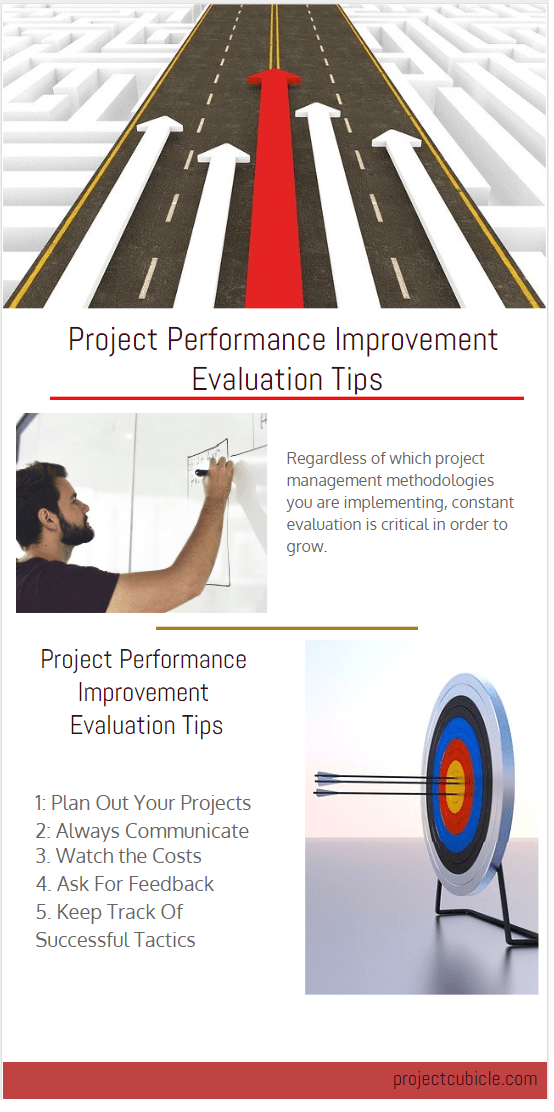

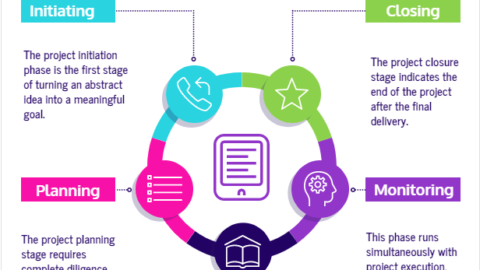
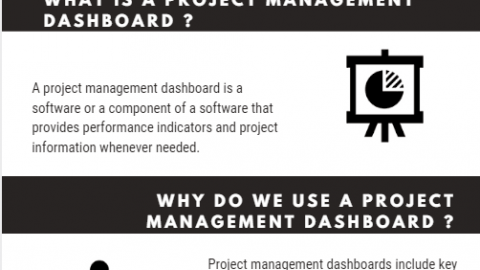

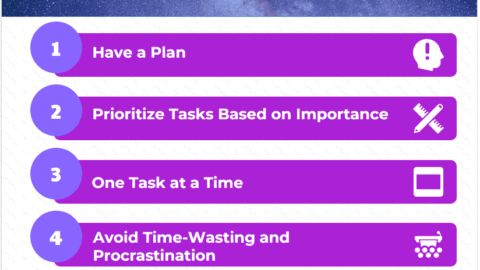

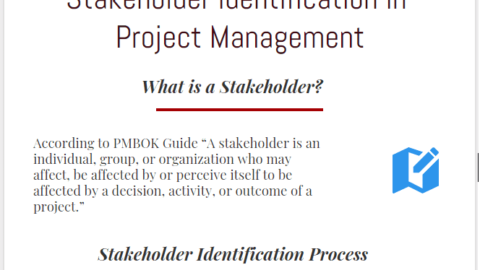


Creating a good plan at the beginning and being able to stick to the plan will result in better performance.
This Project Performance Improvement Evaluation Tips can help to everyone.
As in everything else, the plan has a very important place in project management.These tips can be useful, I’ll take a note.